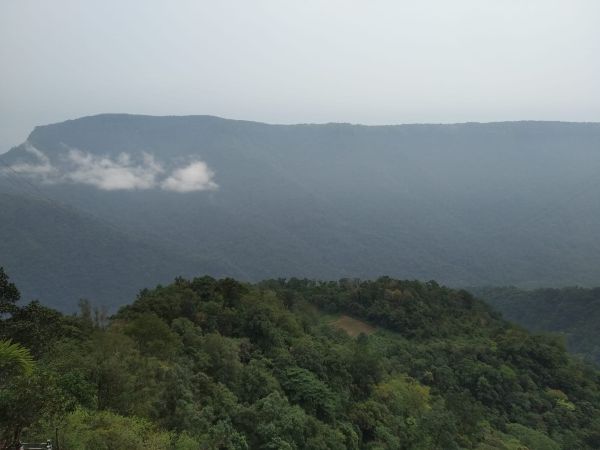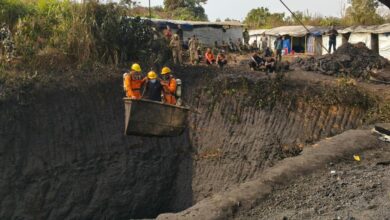From reverence to ruin: A Khasi call to conscience amid environmental crisis

Editor,
World Environment Day 2025, through the lens of the Khasi worldview, is not just a ceremonial date but a moment of moral reckoning. Rooted in deep ecological wisdom, the Khasi understanding of nature as sacred, animate, and ancestral offers a blueprint for sustainable coexistence. Yet, the reality unfolding across Meghalaya today presents a stark and unsettling contrast to this rich legacy.
From sacred groves to sacred apathy — this is the paradox we now inhabit.
Meghalaya, long admired for its lush green hills, pristine rivers, and biodiversity, is witnessing a rapid dismantling of its natural wealth. Hills are being razed to the ground for construction. Trees that once stood as silent sentinels of ecological balance are being felled indiscriminately. Illegal quarrying, unchecked urban expansion, and the erosion of traditional custodianship are becoming disturbingly common. The destruction is not isolated—it is systemic.
The aftermath? Frequent landslides in Shillong, clogged and dying rivers like Umkhrah and Umshyrpi, vanishing forest canopies, and an increasingly hostile climate. Even more troubling is the ripple effect beyond Meghalaya’s borders. The frequent flooding in neighbouring Guwahati is no longer just a result of local rainfall—it is directly tied to the deforestation and hill-flattening in Meghalaya. The hills that once absorbed water now channel it into chaos.
Where, then, is the spirit of Mei Mariang in all this?
This ecological amnesia is not just a failure of policy—it is a collective forgetting of identity. The Khasi worldview tells us that the land is not a commodity, but a relative. Those trees are not timber, but kin. That rivers do not merely quench thirst—they carry ancestral memory. When we desecrate the land, we violate this sacred bond.
The irony is stark: a culture that once thrived on revering nature now finds itself complicit in its exploitation. We have moved from sacred groves to cement jungles, from collective stewardship to individual indifference.
But blame cannot be placed solely at the feet of governments, corporations, or policies. This is a shared burden. Every individual who chooses convenience over conservation, silence over speaking out, is part of the problem. Every plastic wrapper tossed into a stream, every tree cut without a second thought, every voice that remains quiet as sacred groves disappear—these are acts of environmental abandonment.
Yet, hope endures. Youth-led movements, community-driven afforestation efforts, and renewed interest in Khasi ecological heritage are small but powerful signs of revival. But they must be scaled, institutionalised, and most importantly, internalised. Educational institutions must teach not just science, but sacred science—where Mei Mariang is not myth, but an ecological metaphor we live by.
This World Environment Day, let us not celebrate in contradiction. Let us remember that reverence without responsibility is hypocrisy. Meghalaya’s crisis is not nature’s betrayal—it is ours. The hills did not collapse on their own. The rivers did not choke themselves. We did this. Together.
And so, together, we must undo it.
Let the Khasi wisdom that once guided generations return, not as nostalgia, but as necessity. Let us listen to the silence of Mei Mariang and hear it for what it truly is: a cry, a warning, and a call to return.
Yours etc.
A nature lover





